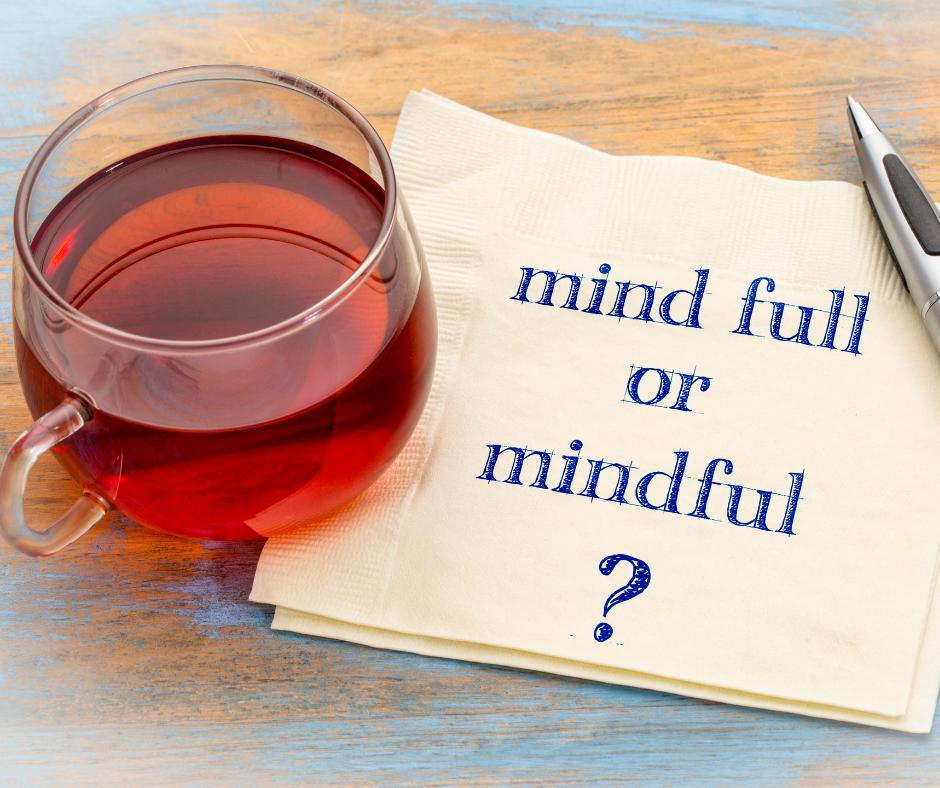
What is Mindfulness?
Mindfulness is a practice in which individuals train their minds to focus on the present moment while bringing awareness to what they are thinking, feeling, and doing. It is a state of active, open attention to the present moment. As "mindfulness" has become more mainstream in recent years, increased attention has been given to its potential benefits for mental health. The interest in mindfulness is not surprising when you consider its many benefits. People who practice mindfulness tend to have less depression and anxiety, experience less pain, sleep better at night, and have more energy during the day.

What are the Benefits of Mindfulness for Mental Health?
The term mindfulness derives from the Pali word "sati," which means remembering, recollecting, or being aware. Mindfulness is an awareness of the present moment, and it is about being non-judgmental and accepting of one's feelings and thoughts.
Mindfulness has many benefits for mental health. Firstly, it helps you get back in control of your emotions by reminding you that your thoughts are just thoughts. Secondly, it enables you to cope with pain by taking a non-judgmental approach towards physical sensations like pain or discomfort. Thirdly, mindfulness helps us stay present by focusing on our breathing which gives us something to do other than think about our worries and fears. Finally, mindfulness can help us develop self-compassion.
Mindfulness Meditation
The benefits of mindfulness meditation for sleep are numerous. You may have heard about the term "mindfulness" before, but what is it? It is a practice that has been around for centuries that includes sitting quietly, focusing on your breath, and being aware of your surroundings.
The practice reduces stress by calming the body and lowering the heart rate. It can be helpful for those who have insomnia because it helps with anxiety and tension. It also helps to improve memory retention by making memories more vivid. It does not take long to learn how to meditate, but people who meditate regularly will notice an improvement in their sleep within a few weeks of starting their practice!
Mindful Eating
Mindful eating is an eating strategy that focuses on awareness of what you are eating and making you feel. The idea is that when you are adequately present with the food, you will be able to eat a healthier, more balanced diet.
Many people have unhealthy relationships with food, and they have cravings they can't control or binge on unhealthy food because they are desperate for comfort or pleasure. Mindful eating can help with these problems by positively teaching people to relate to food.
Mindful eating can lead to weight loss because when done correctly, it helps people find balance in their diet and stick to healthier choices more often than not.
Mindful Breathing
Breathing deeply and thoughtfully for 3 minutes a day will help you feel more relaxed, less stressed, and more focused. Practicing mindful breathing is an easy way to bring about a sense of calm and clarity. It's also a great way to de-stress and relax after work or before bed. Before we dive into the 3-minute process, here are some tips for breathing mindfully:
-Set aside 3 minutes for this exercise each day
-Sit up straight in your chair with both feet flat on the floor or a mat
-Keep your shoulders back
-Close your eyes
-Take three deep breaths through your nose
-Exhale all of the air from your lungs through pursed lips.

